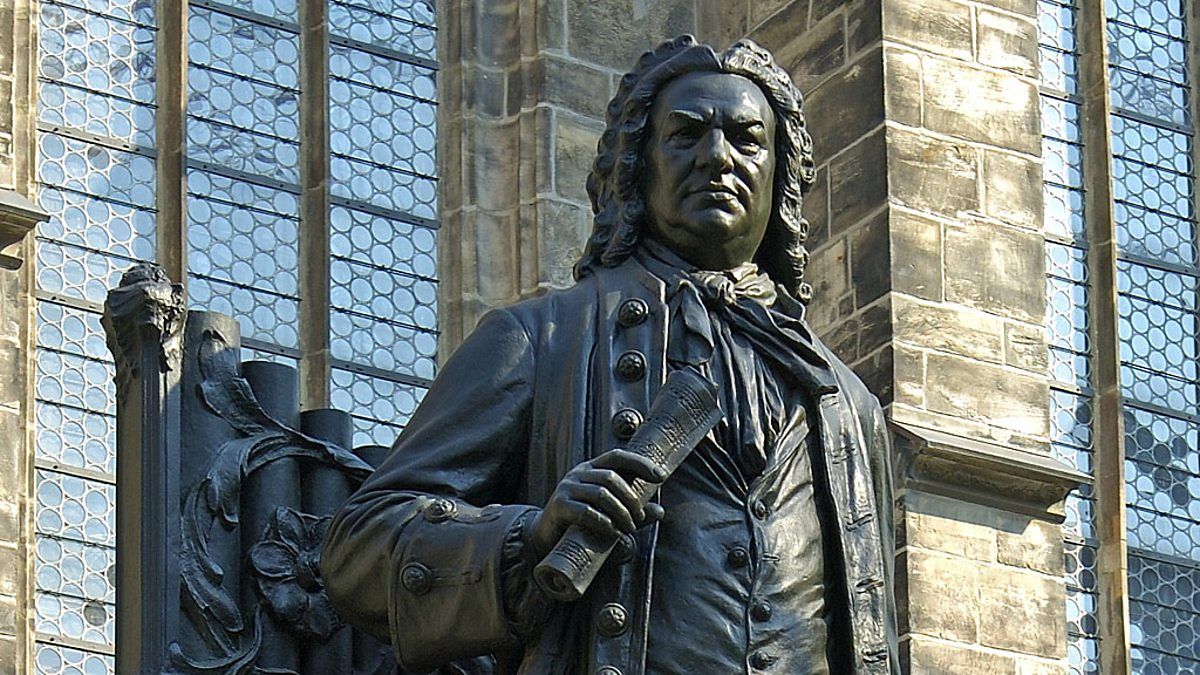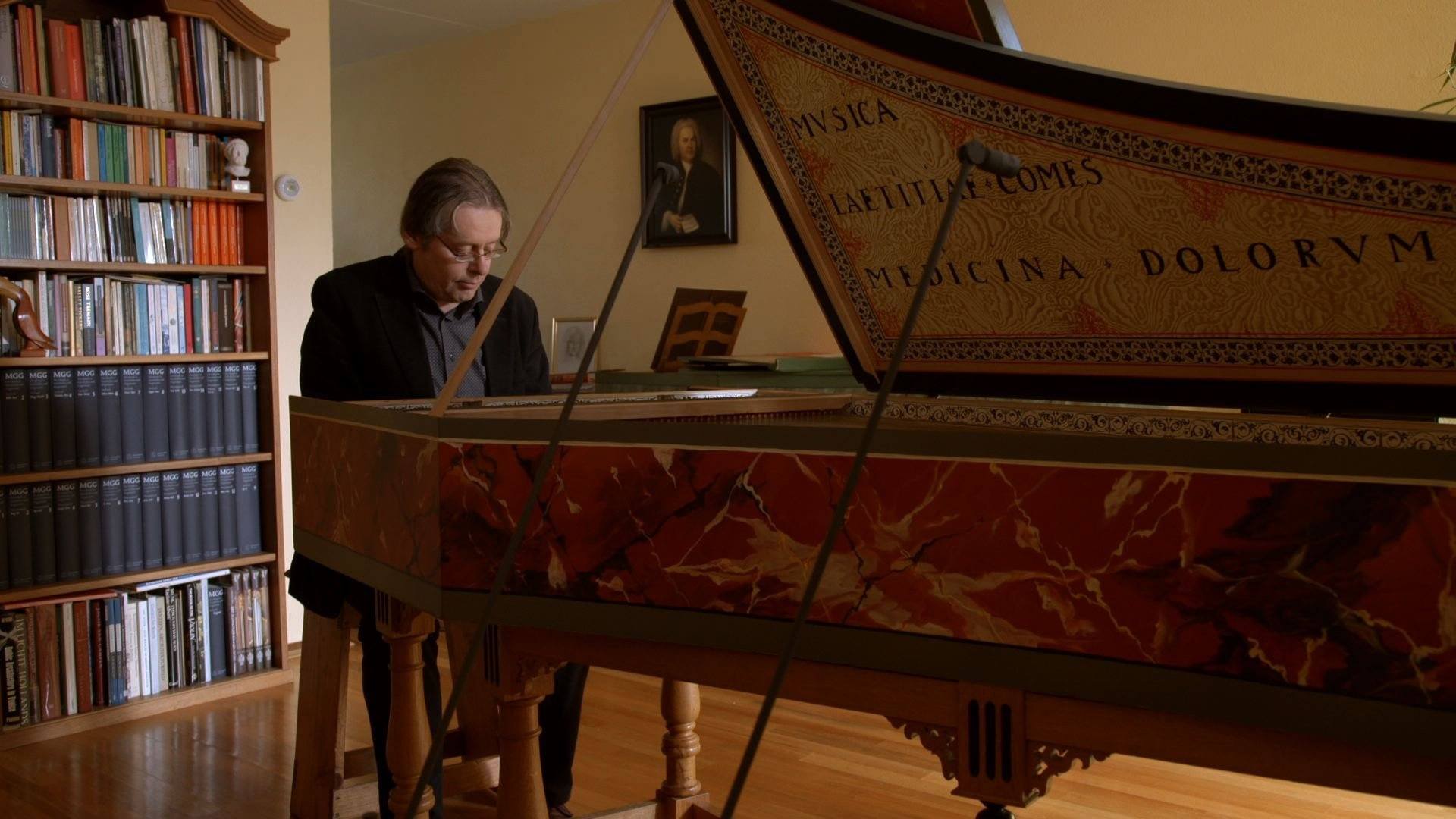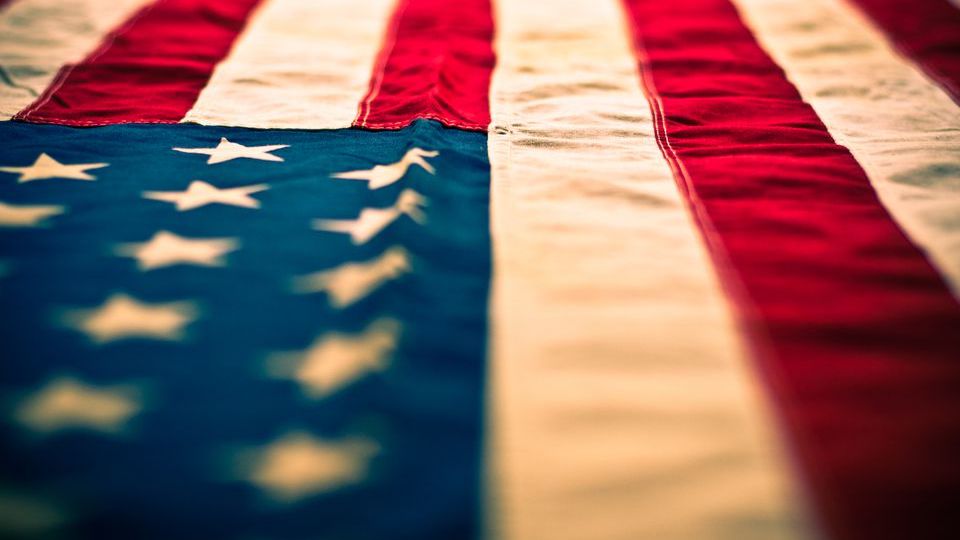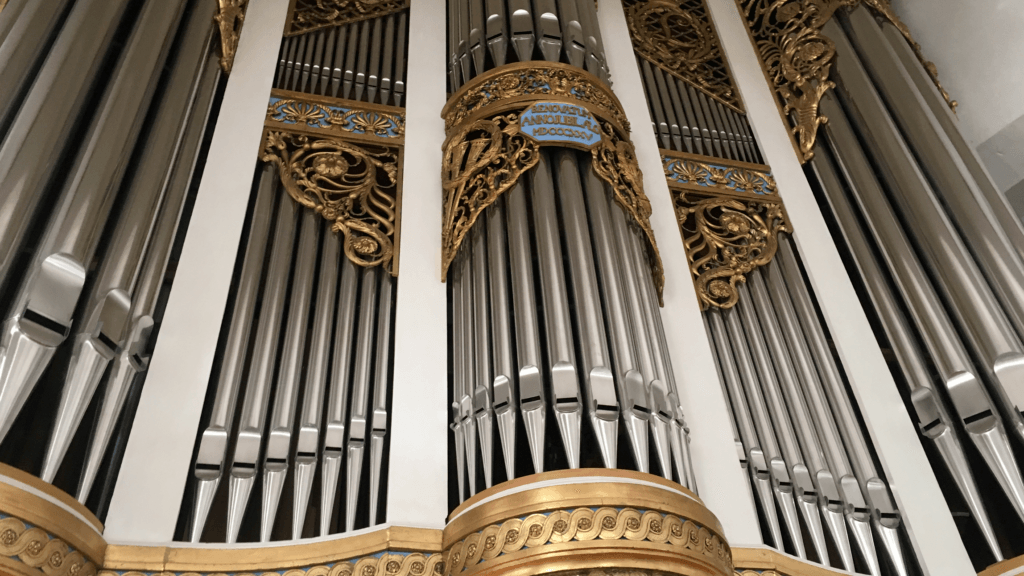Bach’s Prelude and Fugue in B-flat Minor, BWV 867, Kris Verhelst
It’s time to return to the Netherlands Bach Society for another recently released performance. Every Friday the organization adds a new high quality video recording to its website as part of its All of Bach initiative. The project will conclude with a complete catalogue of J.S. Bach’s works in time for the Netherlands Bach Society’s centenary in 2022. Here, the Belgian harpsichordist Kris Verhelst performs Bach’s Prelude and Fugue No. 22 in B-flat minor, …







